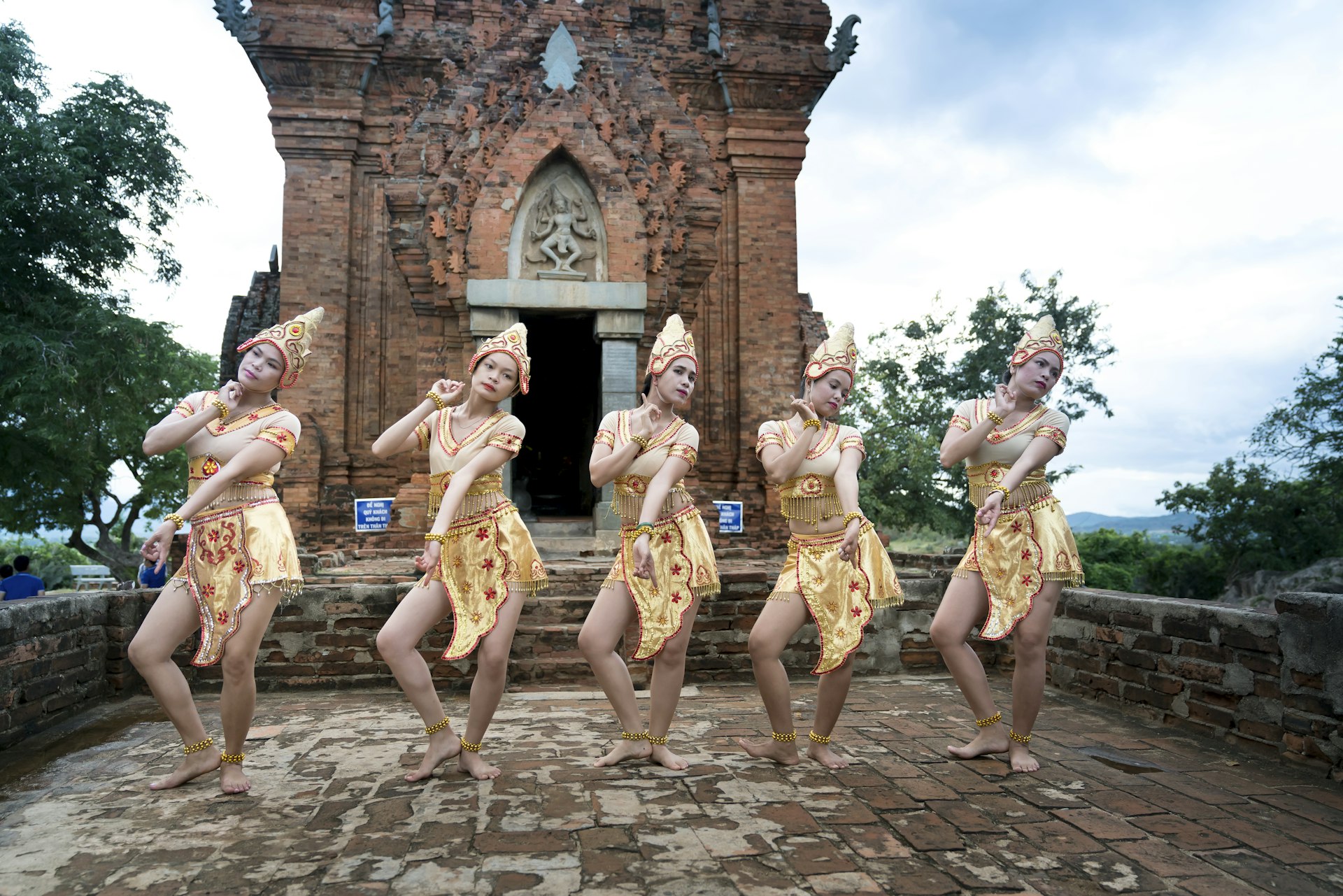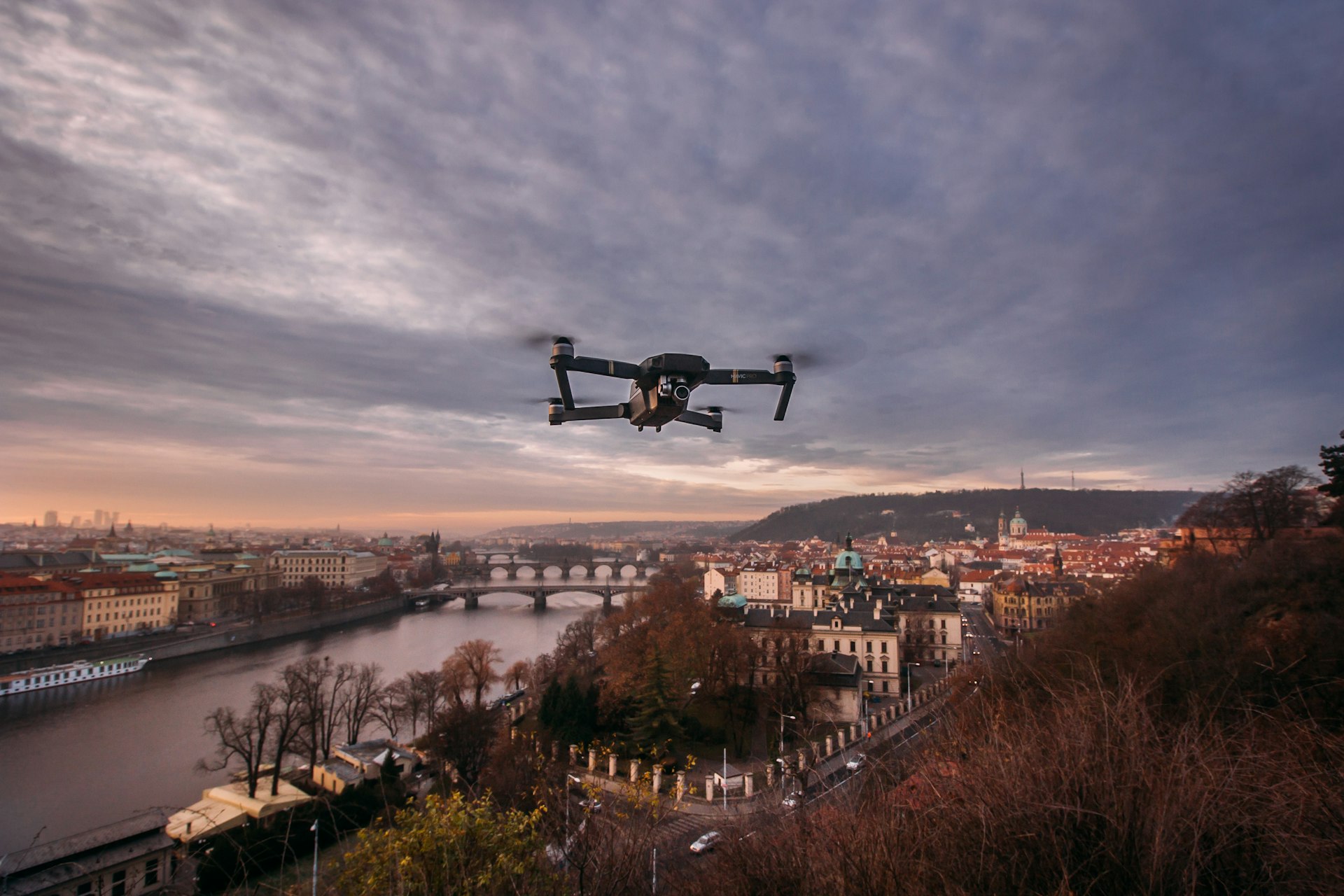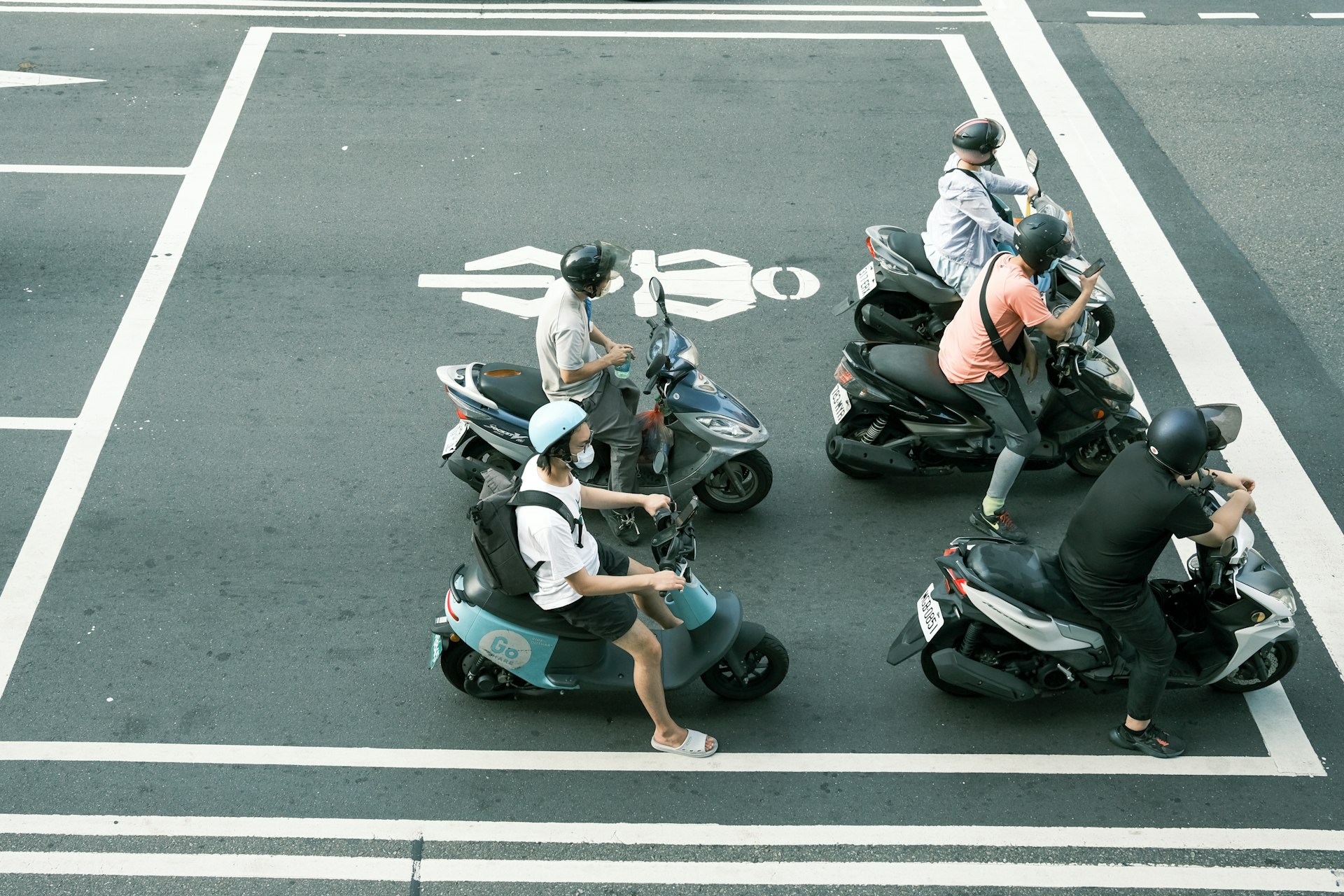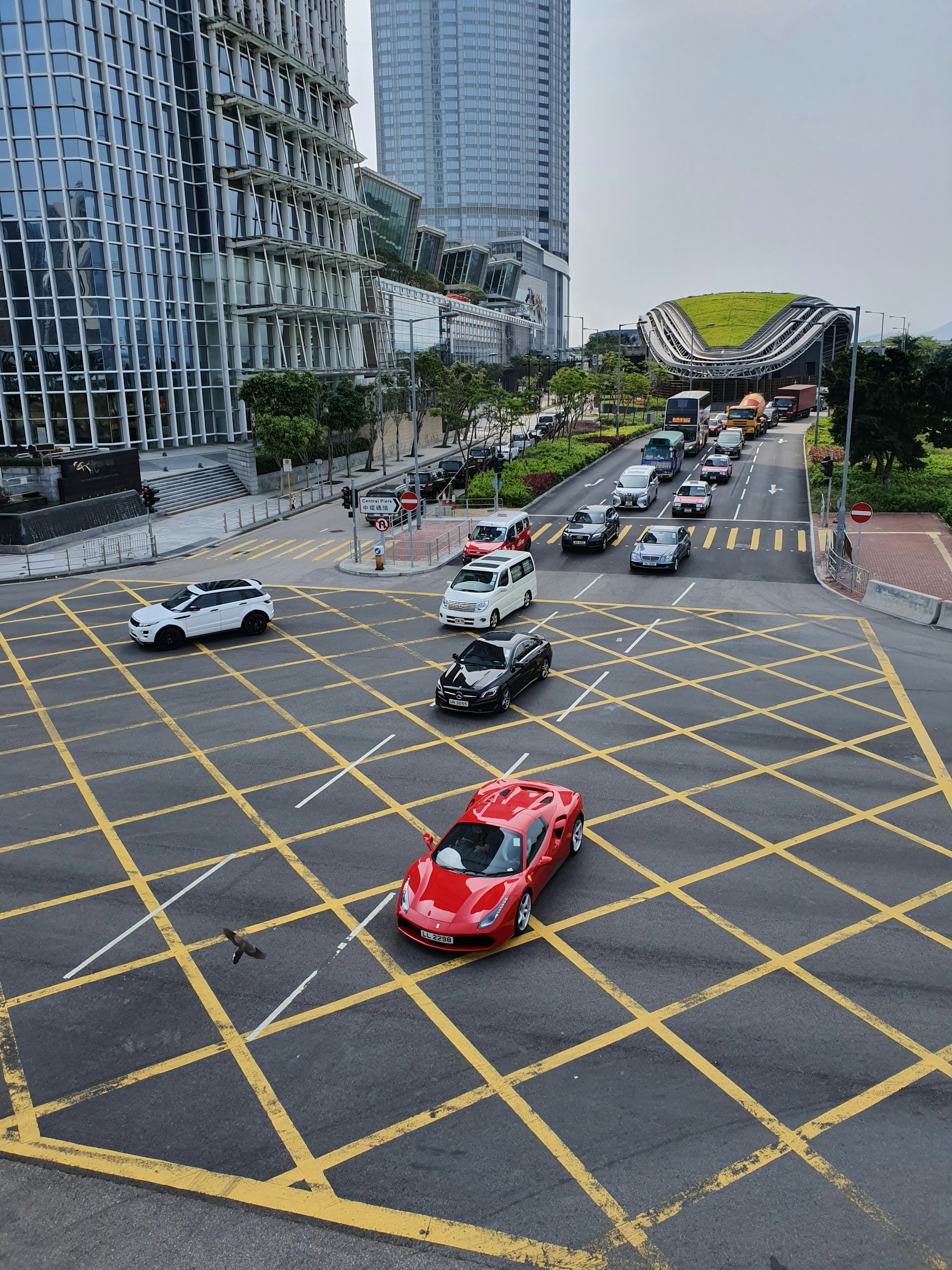Building Bridges: How Sports Diplomacy Shapes International Relations

Photo by Vladislav Klapin on Unsplash
Introduction: The Power of Sports in Diplomacy
In an increasingly interconnected yet divided world, sports have emerged as a powerful tool for bridging cultural, political, and ideological divides. The universal language of athletic competition offers unique opportunities for governments, organizations, and individuals to foster dialogue, build international relationships, and promote peace. This article explores how sports diplomacy operates, its impact on international relations, and practical steps for leveraging its benefits.
Understanding Sports Diplomacy
Sports diplomacy refers to the use of athletic events, athlete exchanges, and sports-related initiatives as a means to improve diplomatic relations between countries and cultures. Unlike traditional diplomacy, which is often conducted behind closed doors, sports diplomacy harnesses the public’s passion for games to create people-to-people connections, break down stereotypes, and open channels for dialogue.
[1]
By transcending language and cultural barriers, sports serve as a neutral ground where even adversaries can come together in the spirit of fair play.
Key Mechanisms of Sports Diplomacy
There are several primary mechanisms through which sports diplomacy influences international relations:
-
Hosting International Sporting Events:
Countries hosting events such as the Olympic Games or FIFA World Cup gain global visibility and a platform to showcase their culture and values. These events can also serve as a catalyst for diplomatic engagement, cultural exchange, and infrastructural development.
[2]
-
Participation in Global Competitions:
When nations compete together, it fosters mutual respect and can even prompt dialogue between historically adversarial states. The presence of athletes from diverse backgrounds can humanize the ‘other,’ paving the way for improved relations.
[1]
-
Sports Exchange Programs:
Initiatives where athletes, coaches, or youth teams visit other countries help foster grassroots understanding. These exchanges can lead to long-term relationships and enhance cross-cultural empathy.
[5]
-
Elite Athletes as Ambassadors:
High-profile athletes often act as unofficial diplomats, leveraging their fame to promote positive messages and encourage international goodwill.
[5]
Real-World Examples of Sports Diplomacy
History provides numerous examples of sports diplomacy in action. The Olympic Games themselves were founded on the idea of bringing nations together in peaceful competition, with a tradition dating back to ancient Greece when a truce was declared during the Games to allow safe passage for athletes.
[4]
One notable modern instance occurred in 2008, when the presidents of Armenia and Turkey attended a World Cup qualifying match together amid longstanding political tensions. The event not only allowed for a rare diplomatic meeting but also eased visa restrictions and enabled fans to cross borders, symbolizing a willingness to engage in dialogue.
[2]
Another example is South Korea’s hosting of the 1988 Summer Olympics, which helped project a positive international image and opened doors for new diplomatic relationships, contributing to its emergence as a global player.
[3]
Implementing Sports Diplomacy Initiatives: Step-by-Step Guidance
If you are a government official, sports administrator, or community leader interested in using sports diplomacy, consider the following steps:
- Identify Objectives: Determine whether you aim to foster cross-cultural understanding, resolve specific diplomatic tensions, or improve your country’s image abroad. Clear goals will guide your strategy.
-
Engage Key Stakeholders:
Involve athletes, sports federations, government agencies, and community organizations. Collaboration increases reach and impact.
[1]
- Select Appropriate Platforms: Choose events or programs that align with your objectives. Hosting international tournaments, organizing athlete exchanges, or launching community sports initiatives can all be effective.
- Facilitate Dialogue: Use sporting occasions to create opportunities for informal meetings between officials, or to promote citizen-to-citizen engagement. Provide translation services and cultural orientation as needed.
- Measure Outcomes: Monitor participation rates, media coverage, and diplomatic developments. Adjust future efforts based on feedback and results.
For more specific guidance, you can contact your national ministry of foreign affairs or the relevant department within your government’s sports authority. Many countries have dedicated sports diplomacy programs-search for “[Country] sports diplomacy program” through your government’s official website for current initiatives and contacts.
Challenges and Solutions in Sports Diplomacy
While sports diplomacy offers significant promise, several challenges must be managed:
-
Political Tensions:
Sporting events can become flashpoints for political disputes, as seen in Olympic boycotts. Careful negotiation and neutral ground can help mitigate these risks.
[4]
- Commercialization: The growing commercialization of sports can sometimes overshadow diplomatic objectives. Balancing commercial interests with diplomatic goals is essential.
- Cultural Sensitivities: Organizers must be aware of religious, linguistic, and social differences to avoid misunderstandings. Providing cultural orientation for participants is a recommended practice.
- Monitoring Effectiveness: Diplomatic outcomes can be hard to measure. Tracking media narratives, public opinion, and diplomatic engagement over time can provide useful indicators.
To address these challenges, consider working with experienced international organizations or consulting with academic experts on sports diplomacy. Many universities offer research and support in this area-search for “sports diplomacy research center” at leading institutions for resources and contacts.
Alternative Approaches and Pathways
Not all sports diplomacy efforts require mega-events or government backing. Community-level programs, youth sports exchanges, or partnerships between non-governmental organizations can also have significant diplomatic impact. For example, small-scale soccer tournaments between youth teams from neighboring countries have led to improved mutual understanding and reduced prejudices.
[5]
To initiate grassroots sports diplomacy:

Photo by Liam Desic on Unsplash
- Connect with local sports associations to explore cross-border tournament opportunities
- Apply for grants from international sports development organizations-search for “sports development grants” and review eligibility on official portals
- Partner with schools, cultural centers, and NGOs to design inclusive events
When seeking funding or support, prioritize established organizations and always verify their legitimacy before applying. If you are unsure of a program’s authenticity, contact your national governing body for sports or the foreign ministry for guidance.
Key Takeaways and Next Steps
Sports diplomacy is a dynamic, versatile tool for advancing international understanding and cooperation. Whether through high-profile events or local exchanges, it offers practical pathways for fostering goodwill, resolving conflicts, and enhancing a nation’s global reputation. By following the guidance outlined above and seeking reputable partners, individuals and organizations can contribute meaningfully to a more peaceful and connected world.
References
MORE FROM couponnic.com













